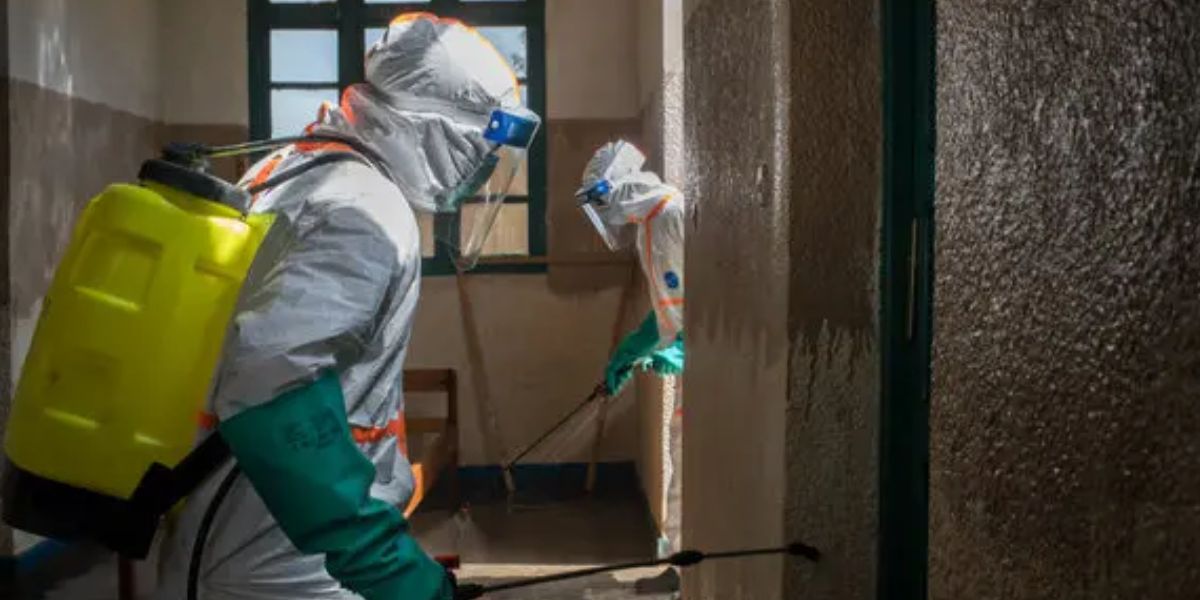In light of a resurgent Ebola outbreak, US health officials have issued a travel alert, warning Americans to use caution when visiting Uganda.
The Centers for Disease Control and Prevention (CDC) emphasized the need for increased vigilance but refrained from issuing a travel advisory.
The CDC advises travelers to stay away from people who are displaying signs of Ebola and to avoid going to medical facilities unless it is absolutely necessary.
Following the confirmation by Ugandan authorities that an Ebola-related nurse died in a Kampala hospital last week, this advice was issued.
Since the last outbreak ended earlier this year, this is the first Ebola death in Uganda. When it comes to responding to the new threat, the CDC is actively assisting Ugandan health officials.
This Wednesday, representatives of the World Health Organization pointed out that the infected individual’s “extensive travel,” which included several visits to medical institutions while ill, “increased the risk of widespread transmission.”
For many years, the CDC has assisted Uganda in developing laboratory testing skills to identify dangerous pathogens.
The organization currently employs 114 individuals in the east African country, where it opened an office 25 years ago.
The U.S. organization has volunteered to assist Uganda’s health ministry with duties like infection control and contact tracing.
An directive this week directed CDC workers to cease collaborating with the WHO, complicating efforts to prevent outbreaks abroad before they reach American soil.
According to an agency spokeswoman on Wednesday, CDC staff members have been authorized to have one-on-one conversations with their WHO counterparts regarding response efforts in Uganda and Tanzania and Congo, two other nations experiencing distinct disease outbreaks.
The only entity in charge of coordinating international responses to acute health emergencies, especially those involving the emergence of new diseases and enduring threats like mpox, AIDS, and Ebola, is WHO, the United Nations’ specialized health agency.
According to a presidential spokesperson, President Javier Milei ordered Argentina to leave the World Health Organization this week because of significant disagreements with the U.N. organization.
National Women’s Soccer League Establishes $5 Million Fund for Player Compensation
Milei’s move is similar to that of his buddy, US President Donald Trump, who on his first day back in office on January 21 issued an executive order starting the process of withdrawing the US from WHO.
At a news conference in Buenos Aires, spokesperson Manuel Adorni stated that Argentina’s decision was founded on “profound differences in health management, especially during the (COVID19) pandemic.”
According to him, the biggest shutdown “in the history of mankind” was caused by WHO regulations at the time.
Additionally, he said that the political clout of certain nations prevented WHO from being independent, but he did not specify which nations were involved.
Adorni went on to say that Argentina will not permit an international institution to meddle in its internal affairs, “much less our health.”







Leave a Comment